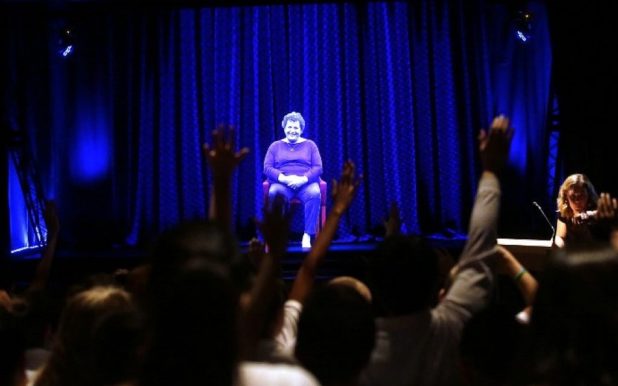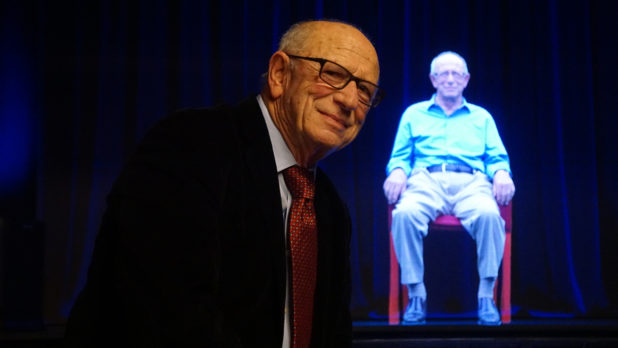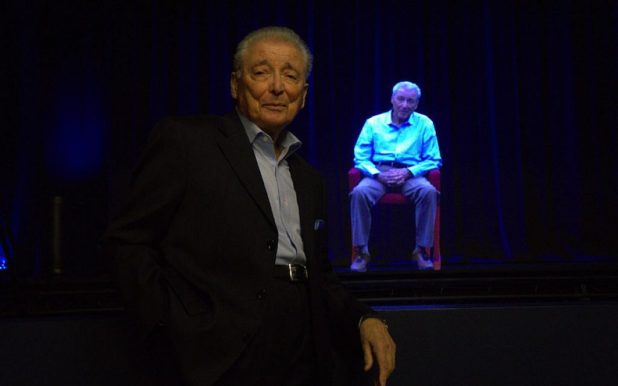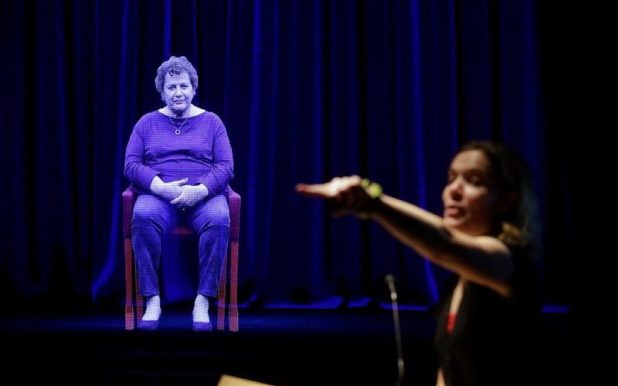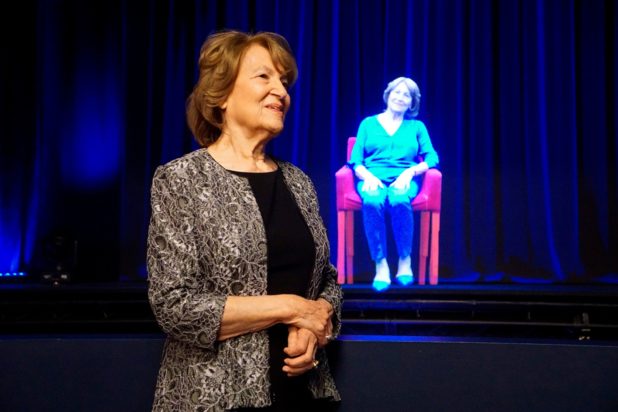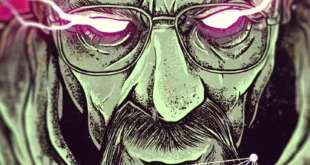Pomidor Quixote
Daily Stormer
April 4, 2020
Holocaust survivors are transcending Time itself to deliver a message of peace, hope, and unity to future generations.
That message is: “moustache man really bad.”
Millions perished in the Holocaust, but a group of survivors will now be able to live on, at least via real-time video conversations about their experiences and perspectives, forever. In an innovative attempt to harness the artificial intelligence technologies of the present and the future to keep alive the stories of the past, Holocaust survivors may be the first people ever to be able to continue carrying on conversations (virtually, at least) even after their deaths. Lesley Stahl reports on this fascinating project on the next edition of 60 Minutes, Sunday, April 5 at 7 p.m., ET/PT on CBS.
Heather Maio had worked for years on Holocaust-related exhibits and knew that “Schindler’s List” director Steven Spielberg had created the Shoah Foundation to record the testimonies of thousands of Holocaust survivors. But Maio wanted to create something more interactive. “I wanted to talk to a Holocaust survivor like I would today, with that person sitting right in front of me,” she told Stahl. Maio believed that artificial intelligence technology could make her notion realizable, so she pitched her idea to Stephen Smith, the executive director of the USC Shoah Foundation in Los Angeles, and now her husband.
Smith was intrigued, but some of his colleagues initially feared it could cheapen, or “Disney-fy” the Holocaust. “We had a lot of pushback on this project,” Smith said. “‘Is it the right thing to do… Are we trying to keep them alive beyond their deaths?’ Everyone had questions except for one group of people, the survivors themselves, who said, ‘Where do I sign up?'”
So far, more than 20 interviews, including one with a 93-year-old U.S. Army veteran who helped liberate a concentration camp, have been recorded. Each subject spends a full five days answering questions in an attempt to record responses to every question conceivable. The questions are then logged and alternative questions are entered into the database. Each interview is recorded with more than 20 cameras so that as technology advances and 3D, hologram-type display becomes the norm, all required angles will be available.
In the future, every school will have a Holocaust Survivor Hologram that will tell the tale of the Holocaust to its goyim disciples.
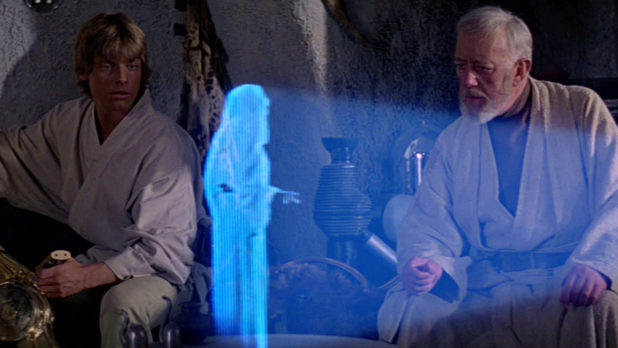
Jokes aside, they are actually doing this, in real life.
There’ll be virtual reality devices for people to meet these Holocaust survivors, and there’ll even be Holocaust survivor androids walking around and telling people about the Germans’ legendary efficiency at the crematorium.
 Daily Stormer The Most Censored Publication in History
Daily Stormer The Most Censored Publication in History

